Author Interview with Marian L Thorpe

This week on the blog, I’m excited to have my first ever author interview! I’m delighted to welcome author Marian L Thorpe onto the ‘virtual sofa’. Marian has written six historical fantasy/alternate history novels (or four, if you count the first three as one volume).
You can find my review of Marian’s first three books, the Empire’s Legacy trilogy, here. Needless to say I absolutely loved it and Marian has become one of my favourite authors ever. A couple of days ago I finished Marian’s latest book, Empire’s Heir, which came out only two weeks ago! I enjoyed it immensely.
Thanks for joining us, Marian – over to you!
Introduce yourself! Tell us who you are, where you are in the world and what you like to write.
Marian: In no particular order, I’m 63, I live in Canada, in a small city on Ontario about an hour west of Toronto. I mostly write books that are a mix of history and imagination. In the past I’ve written poetry and urban fantasy short stories, as well as creative non-fiction, but recently my novels have kept me busy.

You describe your writing as historical fiction from another world.
MJ: Can you explain a bit more about alternative historical fiction?
Marian: What I did is take some basic facts about early European history. There was an Empire that ruled a large part of the world. They did leave a sea-bordered land to the north-east to ‘its own defences’. There was a wall built between that land and its northern, unconquered neighbour and north of that was a land of ship-warriors.
Then I changed the geography a little, and asked ‘what if’ the society south of the wall had developed in a very different way after the Eastern Empire left? My world will feel very familiar in a lot of ways, and very different in some others. History is a palimpsest (Maria: ‘something reused or altered but still bearing visible traces of its earlier form’, if anyone, like me, has to do a quick Google! ) for my world, not a rigid framework.
Marian, how long did it take you to write your first novel?
Marian: I wonder, sometimes: I wish I’d kept track. It took me over fifteen years, but that wasn’t continuous writing. I wrote it at picnic tables in campsites, and on planes, and in snatches of time here and there on weekends. Sometimes I wrote it at 2 a.m. and sometimes I left it alone for years on end. Finally I stopped procrastinating and finished it.
What areas of history influenced you the most?
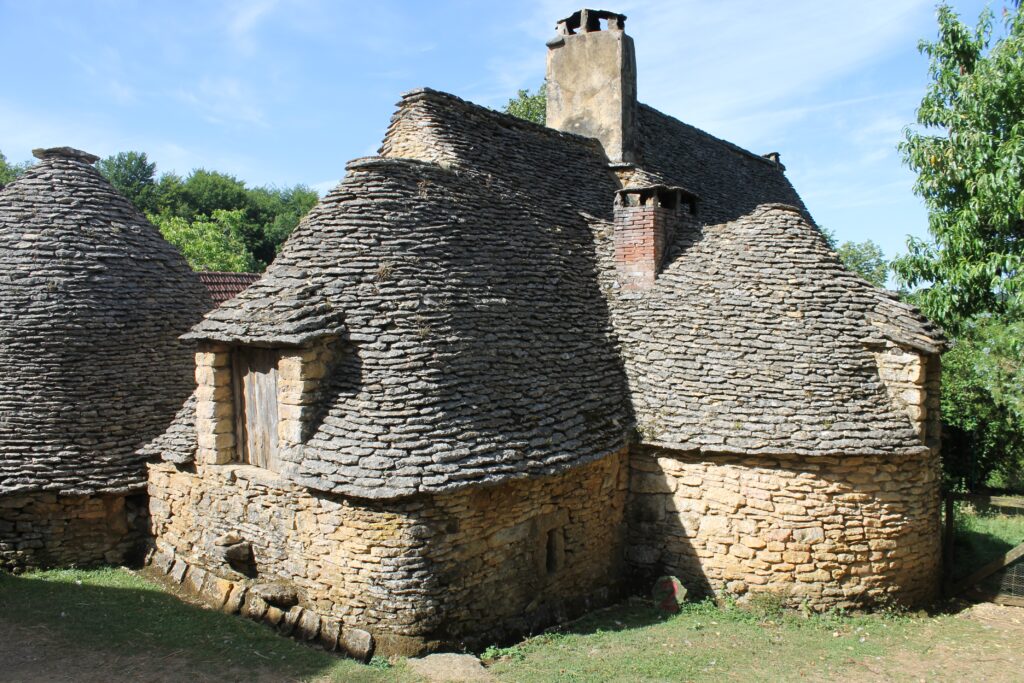
Marian: Anywhere from the height of the Roman Empire to the Norman Conquest, I’d say – so roughly the first millennium of the common era. As the series progressed, the knowledge I’d gained from thirty years of reading about early British history needed expanding into Roman Empire history as well. That learning is on-going – as is that of early British history, as archaeological finds and their interpretation through DNA analysis and strontium analysis of teeth challenge old beliefs.
What has it been like to research these books?
Marian: It’s run the gamut from exciting to tedious! For the first couple of books, they were based largely on facts and concepts and places I already knew. I’ve been reading about the history of post-Roman Britain for forty years now. The later books – from Empire’s Exile onward – needed more research into Rome and the Roman governance of its provinces.
My current WIP (work in progress) requires a lot more knowledge of the Roman army, but I love to learn! Whether it’s been through reading, on-line courses, visiting museums and locations like Vindolanda, the Roman archaeological site near Hexham, or Rome itself. 95% of it has been fun.
Has anywhere in particular inspired your setting?
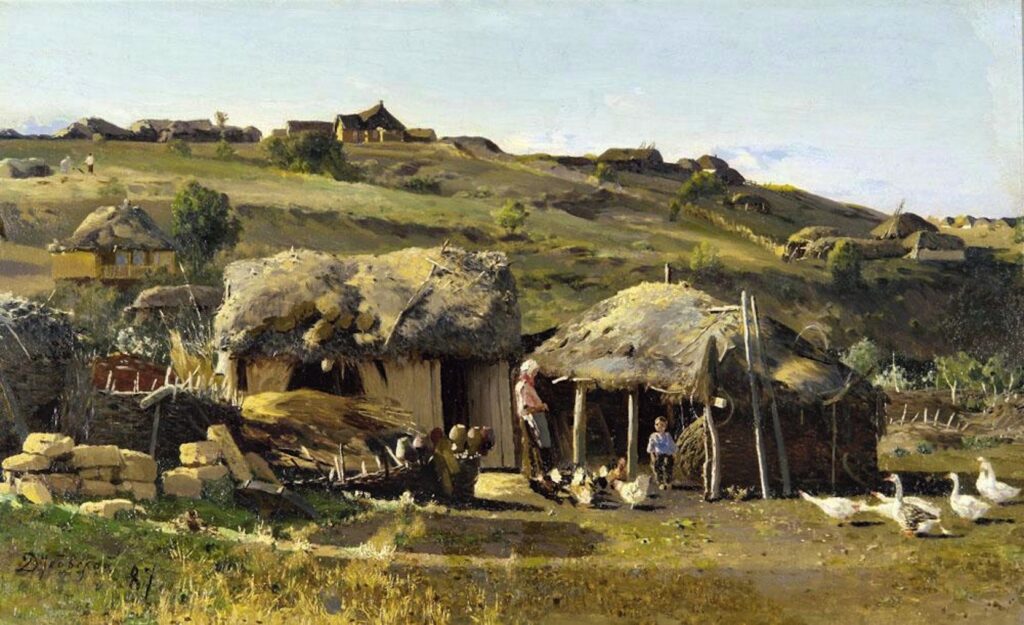
Marian: Lena’s coastal village of Tirvan, which is the first place we see, has its inspiration primarily in Anglesey. However the way the houses are randomly arranged up the hillside, with the open moorland on the higher ground, is a composite image of many coastal villages. The Wall is Hadrian’s Wall.
The Ti’ach, an important school for my characters’ lives in most of the books, is based on the farmhouse and outbuildings at Vindolanda. Sorley’s estate, Gundarstorp, is based on my memories of Cape Wrath in northern Scotland. This is in Sutherland, or, in my books, Sorham). Casil of course, is Rome.
Marian, what first inspired you to write your series?
Marian: The impetus for the story was the experience of my mother and two aunts in World War II.
Britain drafted women into the forces or other war work both my mother and my Aunt Catherine saw active service with the Royal Corps of Signals. They served in France with SHAEF (Supreme Headquarters Allied European Forces) HQ. My Aunt Mary, who had married a Dane and was living in Denmark, became part of the Danish resistance. They had been young women in their twenties when war threatened and began. Their lives were disrupted beyond imagining, and they were required to serve, a new experience for women in Britain.
I took that scenario, that mix of fear and perceived duty and their determination to help defeat an enemy. I then moved it to a world reminiscent of early-medieval Britain. The inciting incident, the beginning of the story, is the same challenge. A general tells the women of his land they must help defend their land against imminent invasion, or face almost-certain defeat. The men alone cannot win this war.
How much do you plot your novels, if at all?
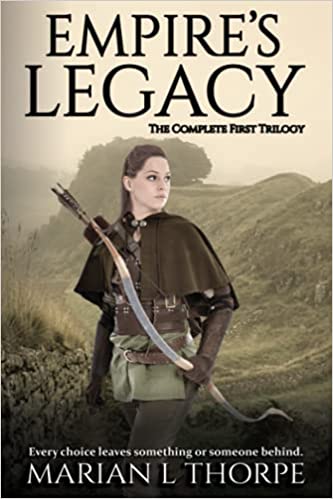
A lot more than I used to! I completely pantsed Empire’s Daughter and Empire’s Hostage. (That is, written without an outline or plotting beforehand). Empire’s Exile had an overall story arc, which I stuck too (more or less), but not individually planned scenes. For Empire’s Reckoning I did a bit more planning and Empire’s Heir was the most planned. I’m older, writing is physically harder for me, so I spend more time thinking about the exact purpose of a scene before I write it now. But characters still surprise me regularly! The one thing I have always done is write the ending early in the process. I know where I have to get to, and I’ve never changed one.
Readers of your previous books will know you switch narrators.
Maria: What has been the best thing and the hardest thing about writing from different narrators/points of view?
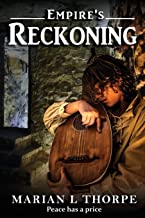
Marian: The best thing is it allows me – and my readers – different insights into the characters. As I always write 1st person, we really get to know their feelings and motivations. It can take a while to really hear that voice. I find I usually need to revise the first part of a book that has a new narrator after I’m more confident with the character’s voice.
I also try to structure the novels to fit the voice. In the first trilogy, chapters are longer, reflecting the continuous narrative through one person’s eyes. For Empire’s Reckoning, I purposely used shorter chapters. This mirrors not just the verses of a song or saga that the musician narrator, Sorley, might sing, but also to reflect how memory works. Because he’s remembering much of the story, it needed to be in short bursts.
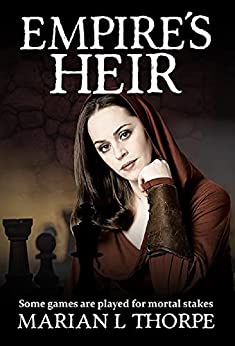
In Empire’s Heir, with diplomacy at the heart of the story, the alternating POVs are short, structured like the alternating turns of play in a xache (or chess) game. I’ve used the metaphor of chess for strategy and diplomacy throughout the series. Cillian’s moves (and his thoughts/voice) are more considered. Gwenna’s, for the most part, are more impulsive.
Marian, what was your favourite book as a child?
Marian: That’s the hardest question you’ve asked! Easier to identify ones I didn’t like (The Water Babies, for one). I enjoyed The Caravan Family by Enid Blyton when I was small. Then when I was a bit older, Swallows and Amazons by Arthur Ransome.
What are some of your hobbies? What would be a perfect day off?
Marian: Walking and birding – so my perfect day off involves doing both. A long walk somewhere there are lots of birds to see, then somewhere for a latte, or lunch, or both. Preferably on footpaths and lanes in Norfolk, but that’s a long way to go from Canada for one day off!
Tell us about the next book in your series.
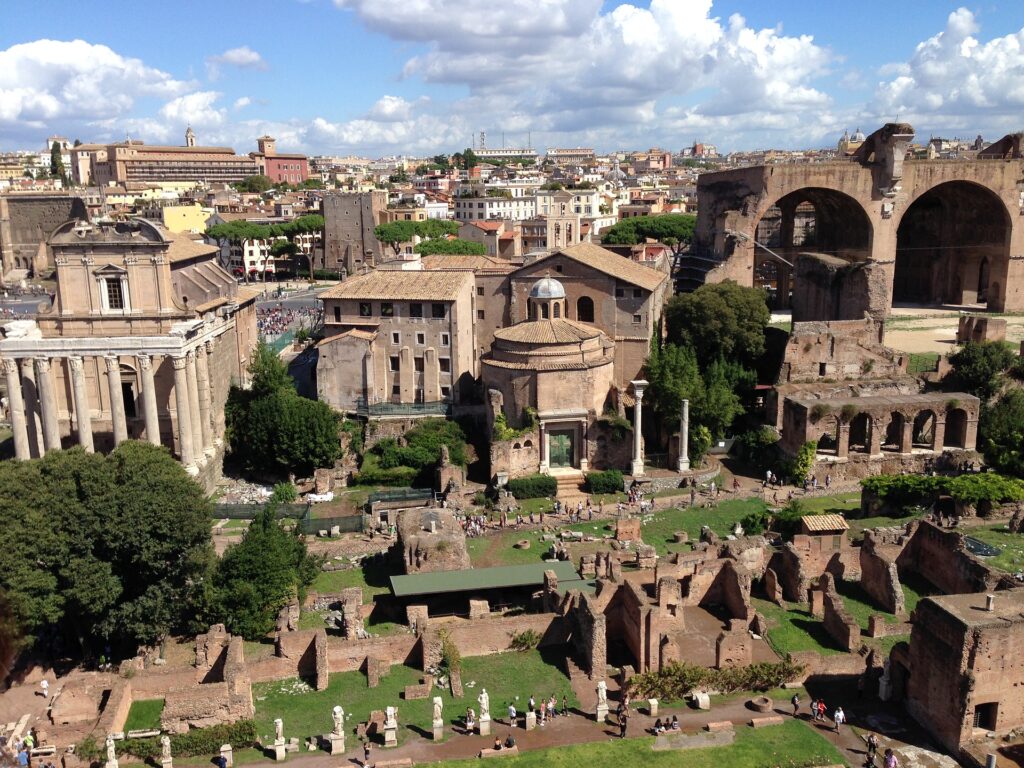
Empress & Soldier is the next book set in my world, and it’s not exactly a continuation of the series. Instead, it’s a new entry point. Its last chapters – probably its last third – will overlap with part of Empire’s Exile. People could read it and continue on to Oraiáphon, Empire’s Reckoning and Empire’s Heir without having read the first trilogy.
It has two point-of-view narrators: the soldier Druisius, and the Empress of the East, Eudekia. As I envision it in its very early planning stages, we’ll see them growing up in very different ways in Casil, the capital city, as well as places where their lives touch. Eventually they meet and become part of the larger story in the overlap with Empire’s Exile. Druisius is a character who many readers have wanted to know more about, and Eudekia has also captured some readers’ attention. So this is their story, with a plot that also links the book to the others.
Thanks so much for the chat, Marian! Where can we get your books?
The paperbacks should be able to be ordered from any good bookstore. Empire’s Heir may not have made it into catalogues yet as it’s only just come out.
Here are the links to Marian’s books and website!
Thanks so much for stopping by my blog! You can check out my other posts while you’re here. You can also find out more about my published books and about me as an author.
Why not sign up to my newsletter? You’ll receive a free preview of my fantasy novel Lottie’s Locket when you subscribe. I also include a free preview of my first historical fiction novel, The Boy from the Snow, with every edition.
Till next time (and thanks again for joining me, Marian!),
Maria.

What a great insight into Marian, I loved reading through this and learning more about her x
Thank you so much, Della! Really appreciate that. Cannot recommend her books highly enough! 🙂